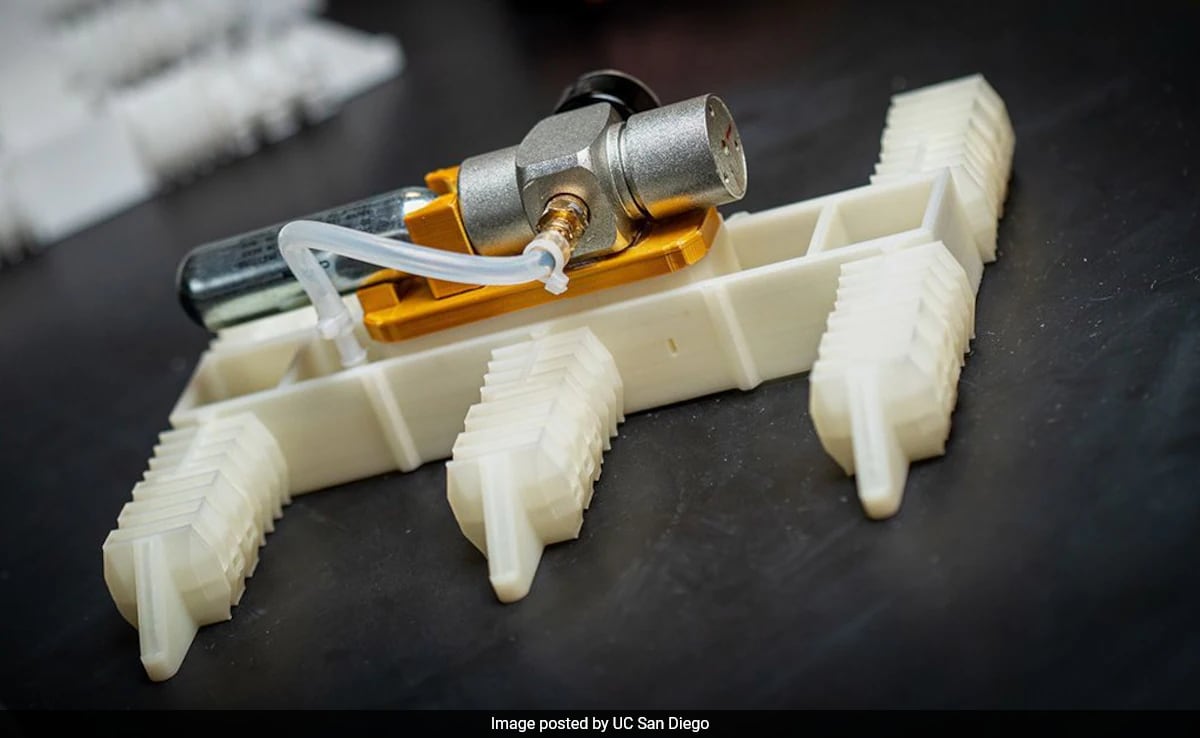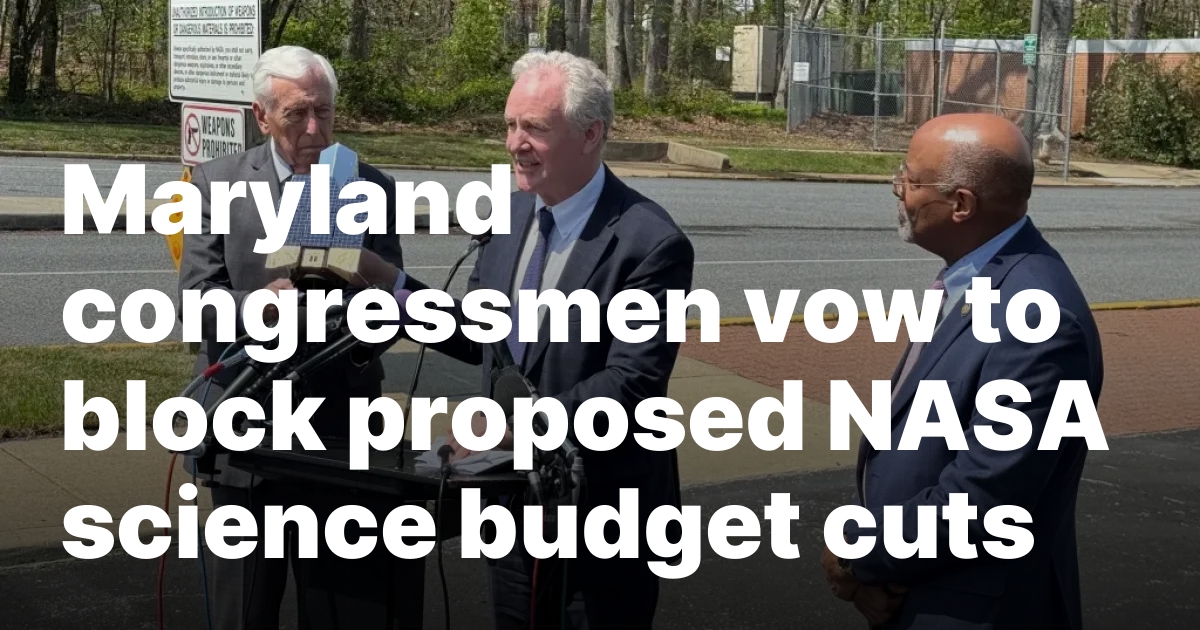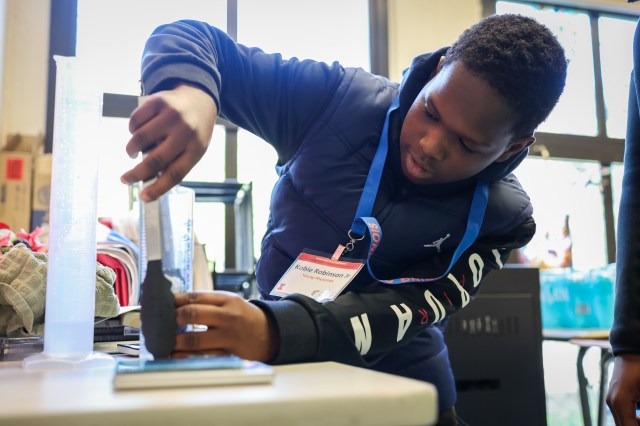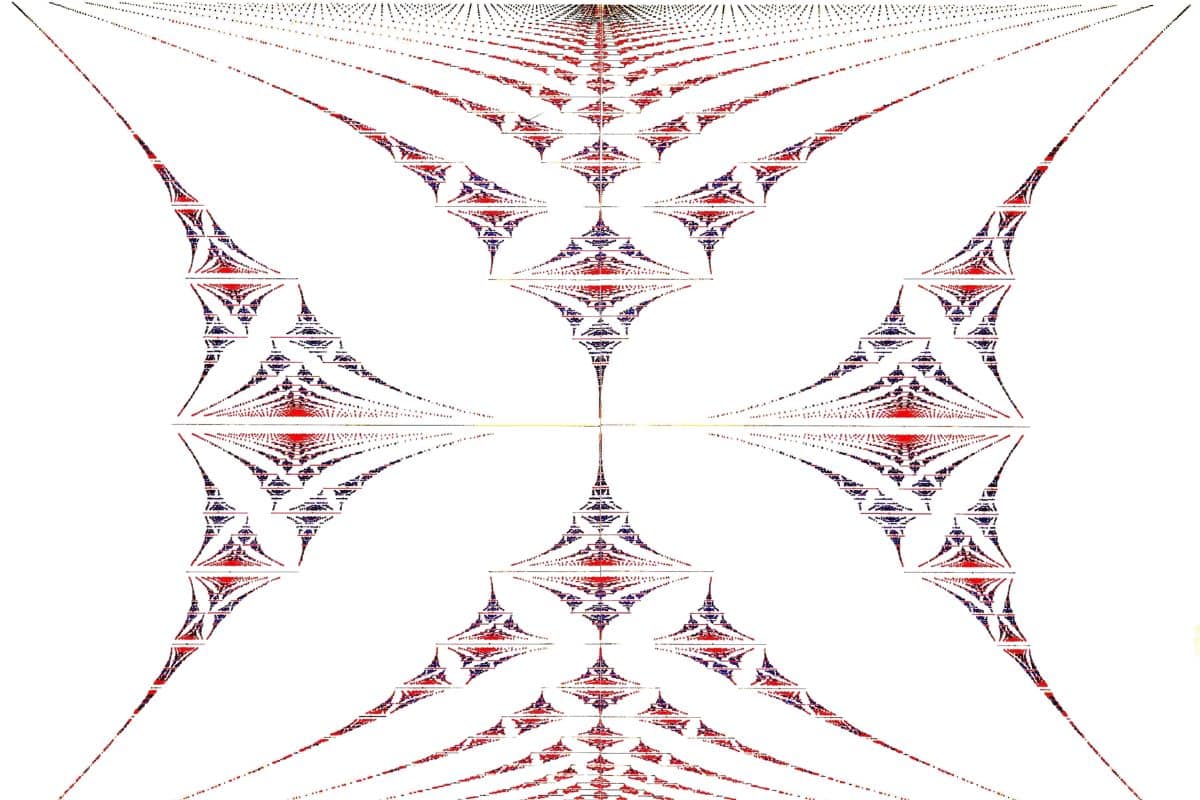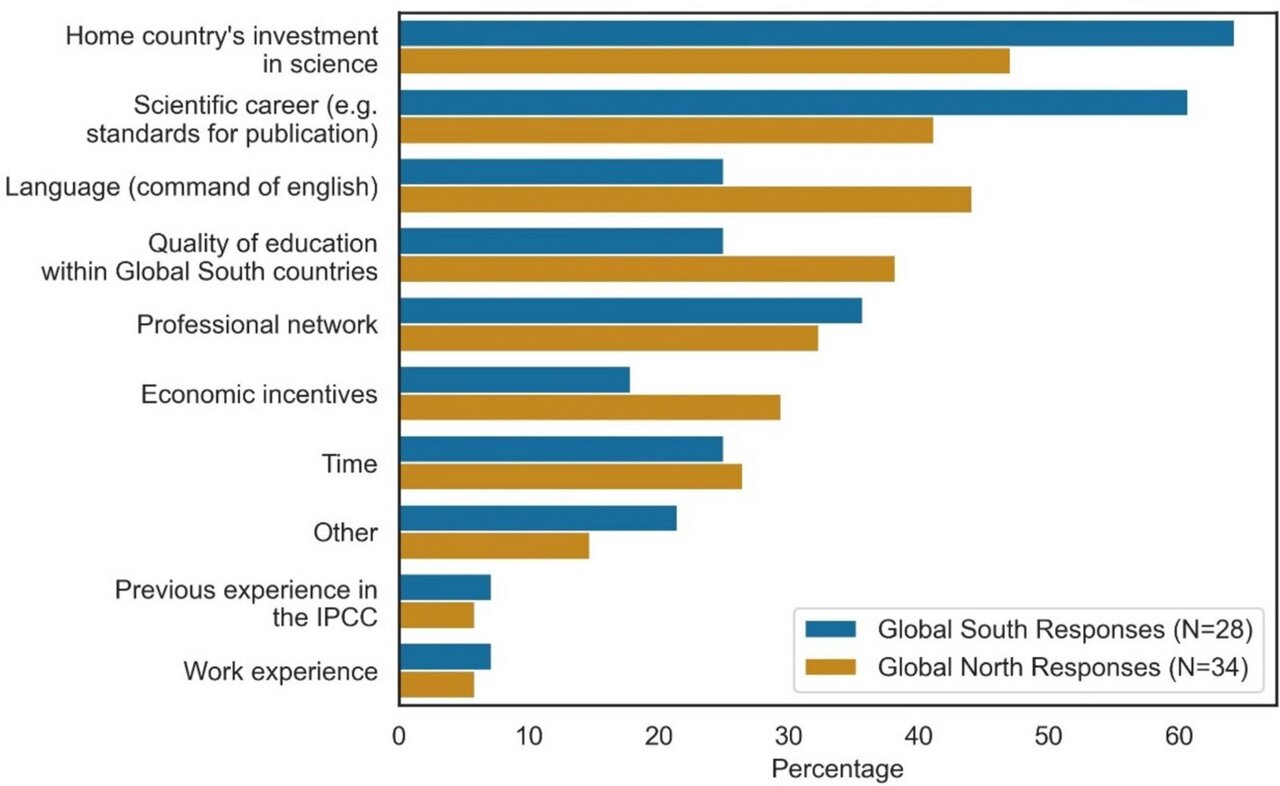Beyond Textbooks: How Science Adventures Forge Tomorrow's Global Citizens
Science
2025-04-14 12:39:23Content
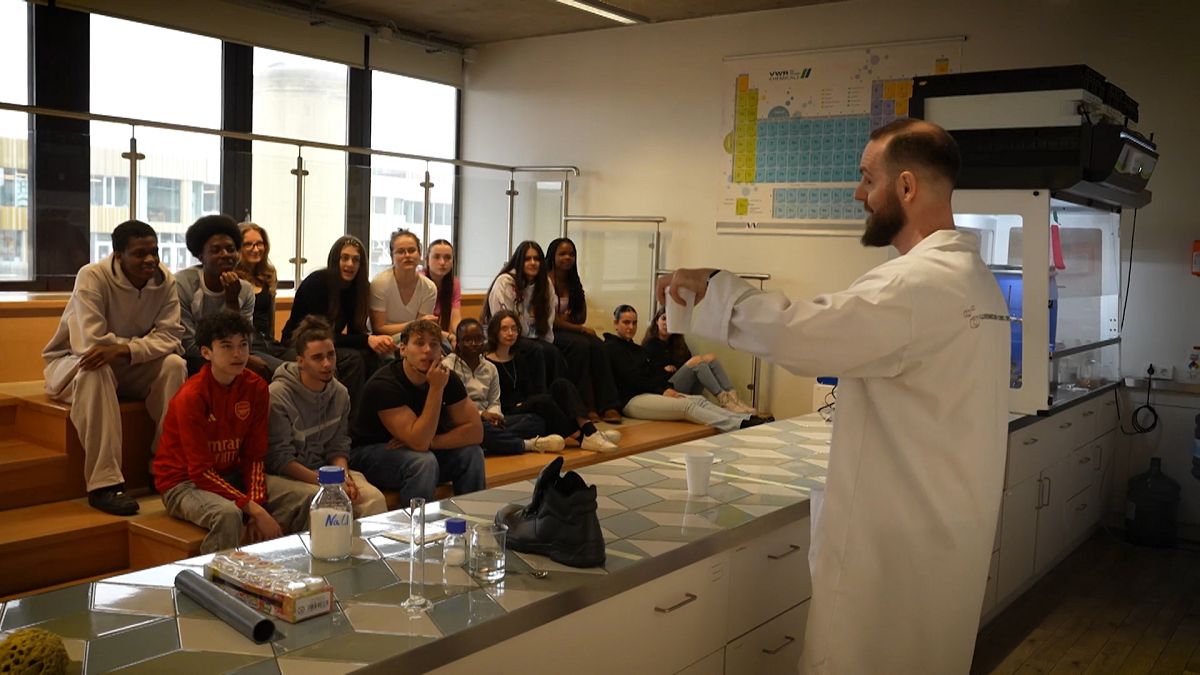
In today's world, even seemingly simple choices like recycling or purchasing an electric vehicle demand a fundamental understanding of scientific principles. Professor Pascal Waechter emphasizes the critical role of experiential science education in empowering individuals to make informed decisions.
The Luxembourg Science Center stands as a prime example of how interactive learning can transform scientific education. By offering hands-on experiences, the center bridges the gap between theoretical knowledge and practical understanding, making science accessible and exciting for people of all ages.
Waechter argues that when science is taught through engaging, real-world experiences, it becomes more than just abstract concepts. It becomes a living, breathing tool that helps individuals navigate complex environmental and technological choices. From understanding the mechanics of renewable energy to grasping the impact of personal consumption habits, experiential science education equips people with the insights needed to make responsible decisions.
Through interactive exhibits, practical demonstrations, and immersive learning environments, science centers like the one in Luxembourg are revolutionizing how we perceive and interact with scientific knowledge. They transform science from a distant, intimidating subject into an approachable and fascinating journey of discovery.
Unlocking Scientific Literacy: How Everyday Choices Shape Our Understanding of Science
In an era of rapid technological advancement and environmental challenges, scientific knowledge has become more than just an academic pursuit—it's a critical life skill that empowers individuals to make informed decisions that impact our world, our communities, and our future.Transforming Complex Science into Actionable Insights for Everyday Living
The Intersection of Science and Daily Decision-Making
Modern life presents countless scenarios where scientific understanding directly influences our choices. From selecting sustainable transportation options to making environmentally conscious consumer decisions, scientific literacy has evolved from a specialized domain to a fundamental life competency. Understanding scientific principles allows individuals to navigate complex choices with greater confidence and precision. The landscape of scientific knowledge is no longer confined to laboratories and research institutions. Instead, it permeates every aspect of our daily existence, transforming how we approach challenges, consume resources, and interact with our environment. Each decision—whether it involves recycling, energy consumption, or technological adoption—requires a nuanced comprehension of scientific concepts.Experiential Learning: Bridging the Gap Between Theory and Practice
Educational institutions and science centers are increasingly recognizing the importance of hands-on, immersive learning experiences. By creating interactive environments that simulate real-world scientific scenarios, these platforms enable learners to develop practical skills and intuitive understanding. The Luxembourg Science Center represents a pioneering approach to scientific education. By designing experiences that engage participants directly with scientific principles, such centers break down complex theoretical concepts into tangible, comprehensible interactions. This methodology transforms abstract scientific knowledge into lived experiences, making learning both engaging and memorable.The Role of Scientific Literacy in Personal and Societal Empowerment
Scientific literacy extends far beyond academic achievement. It represents a critical tool for personal empowerment, enabling individuals to critically analyze information, make evidence-based decisions, and contribute meaningfully to societal discussions on complex issues like climate change, technological innovation, and sustainable development. Experts like Professor Pascal Waechter emphasize that scientific understanding is not about memorizing facts, but developing a dynamic, adaptive mindset that can interpret and respond to emerging challenges. This approach cultivates intellectual curiosity, critical thinking, and a proactive attitude towards problem-solving.Technological Innovation and Personal Choice
The proliferation of technologies like electric vehicles demonstrates how scientific knowledge directly influences consumer behavior. Understanding the environmental and technological implications of such choices empowers individuals to make decisions aligned with broader societal goals of sustainability and innovation. By demystifying scientific concepts and presenting them in accessible, engaging formats, educational initiatives can inspire a new generation of scientifically literate citizens. These individuals will be better equipped to address global challenges, drive technological innovation, and create sustainable solutions for our interconnected world.Future-Proofing Education Through Innovative Learning Strategies
As our global landscape becomes increasingly complex, the need for adaptive, experiential scientific education becomes paramount. Science centers and educational institutions must continue to develop innovative approaches that transform scientific learning from a passive, theoretical exercise into an active, engaging journey of discovery. The future of scientific literacy lies not in rote memorization, but in creating immersive, interactive experiences that inspire curiosity, critical thinking, and a genuine passion for understanding the world around us. By embracing this approach, we can cultivate a generation of informed, empowered individuals ready to tackle the most pressing challenges of our time.RELATED NEWS
Science
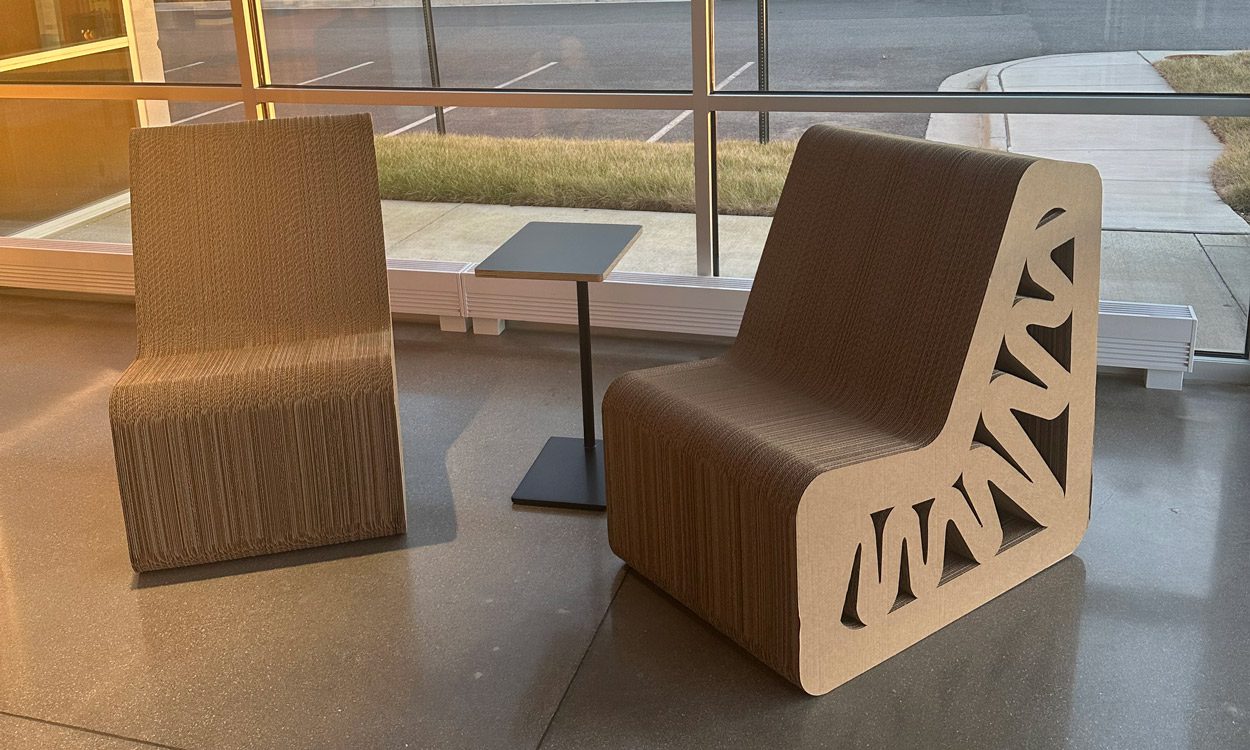
Packaging Pioneers: How Brown Box Agency Empowers Students to Launch Real-World Consulting Venture
2025-03-19 15:41:36
Science
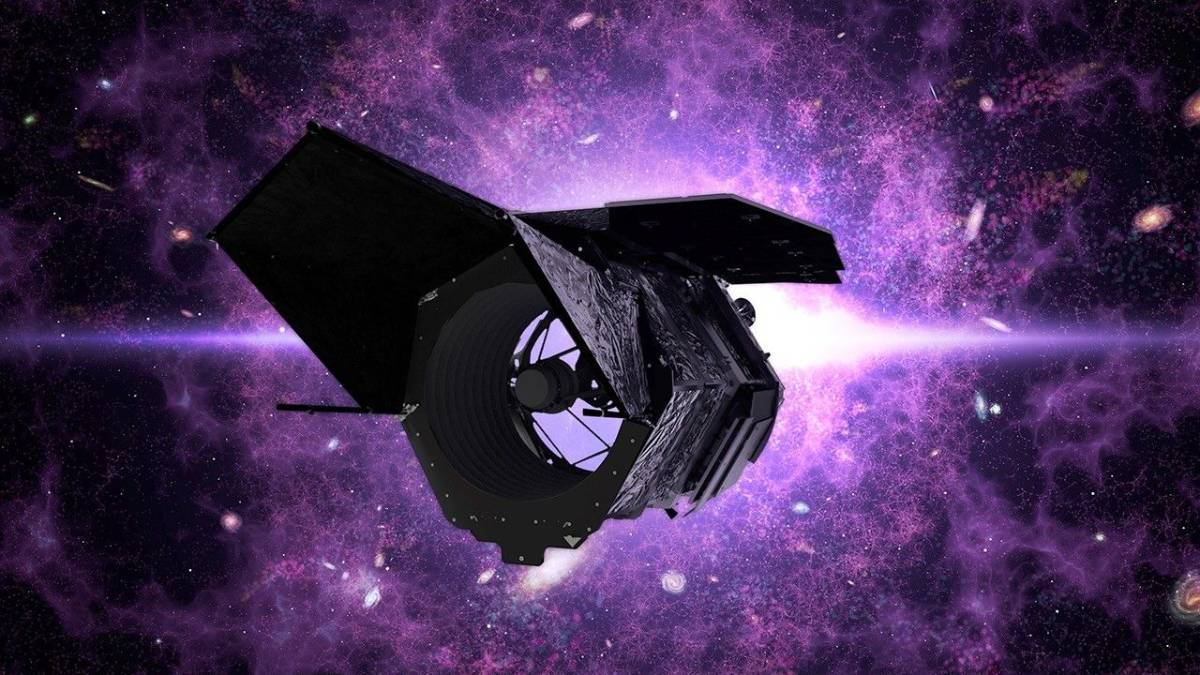
Cosmic Catastrophe: Trump Budget Cuts Threaten to Decimate NASA's Scientific Frontier
2025-04-11 19:53:43
